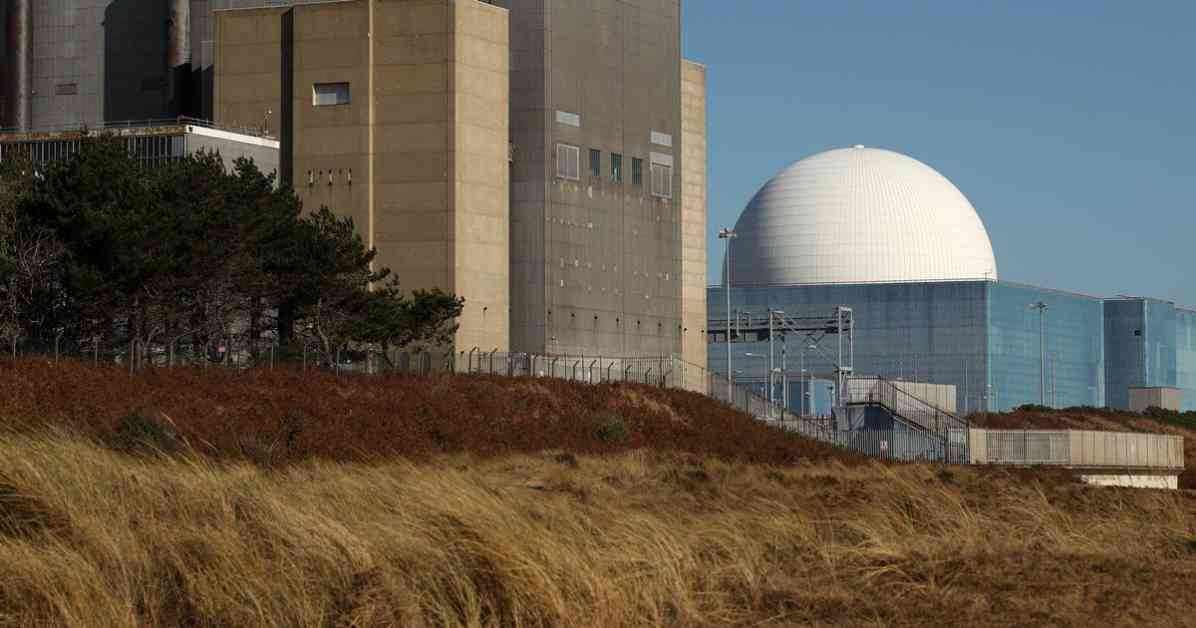The Government’s ambitious plans to streamline the construction process for new nuclear reactors in the UK have sparked excitement and hope for a greener, more sustainable future. With a promise to create thousands of highly skilled jobs and deliver clean, secure, and affordable energy, this initiative marks a significant step towards overcoming the obstacles that have hindered progress in the nuclear energy sector for years.
Prime Minister Sir Keir Starmer made a bold announcement, revealing a series of reforms that will revolutionize the way new nuclear power plants are approved and built across England and Wales. One of the key changes involves simplifying planning rules to eliminate red tape and fast-track the development of small modular reactors (SMRs) in the UK for the first time. These SMRs are seen as a game-changer in the energy landscape, offering a more flexible and efficient alternative to traditional nuclear power plants.
The Prime Minister’s passionate plea for change resonates with many who have long awaited a shift towards cleaner energy sources and greater energy security. He emphasized the urgency of the situation, highlighting the risks posed by dependency on global energy markets and the need for domestic solutions to ensure stability and affordability for British consumers.
Energy Secretary Ed Miliband echoed the sentiment, emphasizing the importance of a proactive approach to building a sustainable energy infrastructure. The focus on creating thousands of skilled jobs through the development of nuclear power aligns with the government’s broader agenda of stimulating economic growth and fostering innovation in the clean energy sector.
Tom Greatrex, chief executive of the Nuclear Industry Association, hailed the government’s commitment to prioritizing new nuclear projects as a crucial step towards achieving a cleaner and more secure power system. He emphasized the need for a streamlined planning system that provides certainty to investors, supports the supply chain, and engages local communities in the decision-making process.
The announcement has also sparked reactions from opposition parties, with Conservative shadow energy secretary Andrew Bowie acknowledging the benefits of nuclear power while criticizing the Labour party’s approach to energy policy. The debate surrounding the role of nuclear energy in the UK’s energy mix reflects broader discussions about the country’s transition to a low-carbon economy and the balance between economic growth and environmental sustainability.
As the UK embarks on this ambitious journey towards a more sustainable energy future, the spotlight is on the government’s ability to deliver on its promises and overcome the challenges that have plagued the nuclear energy sector in the past. With the support of industry experts, stakeholders, and the public, the vision of a cleaner, more secure, and more affordable energy landscape may soon become a reality.
In conclusion, the government’s plans to streamline the new nuclear reactor construction process hold the promise of a brighter, more sustainable future for the UK. By prioritizing clean energy, job creation, and economic growth, these reforms signal a significant shift in the country’s energy policy and pave the way for a more resilient and environmentally friendly energy system. As the nation looks towards a greener tomorrow, the government’s commitment to nuclear power offers hope for a better, brighter, and more sustainable future for all.












